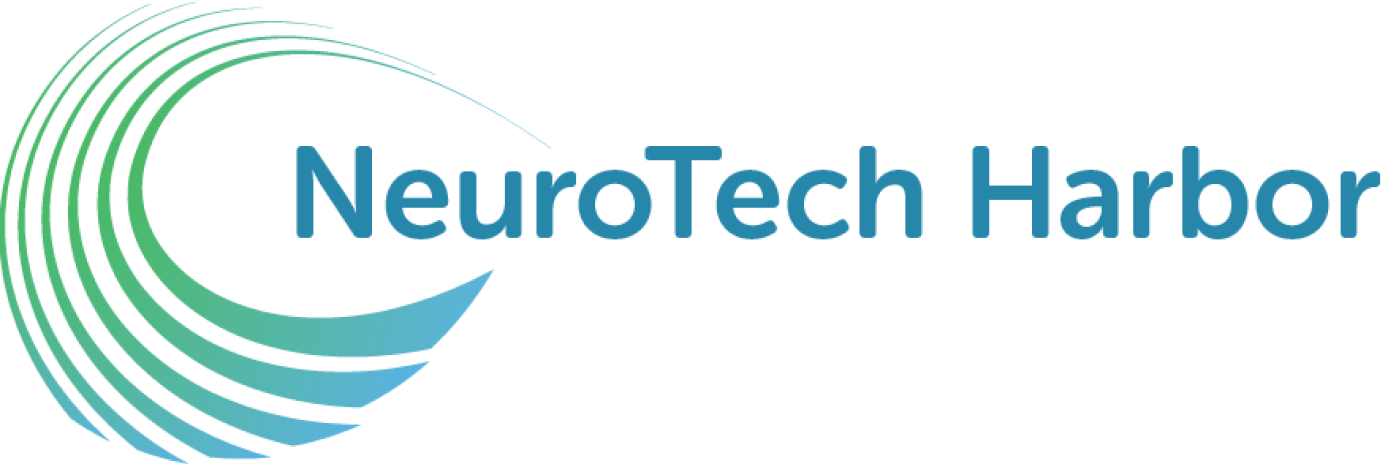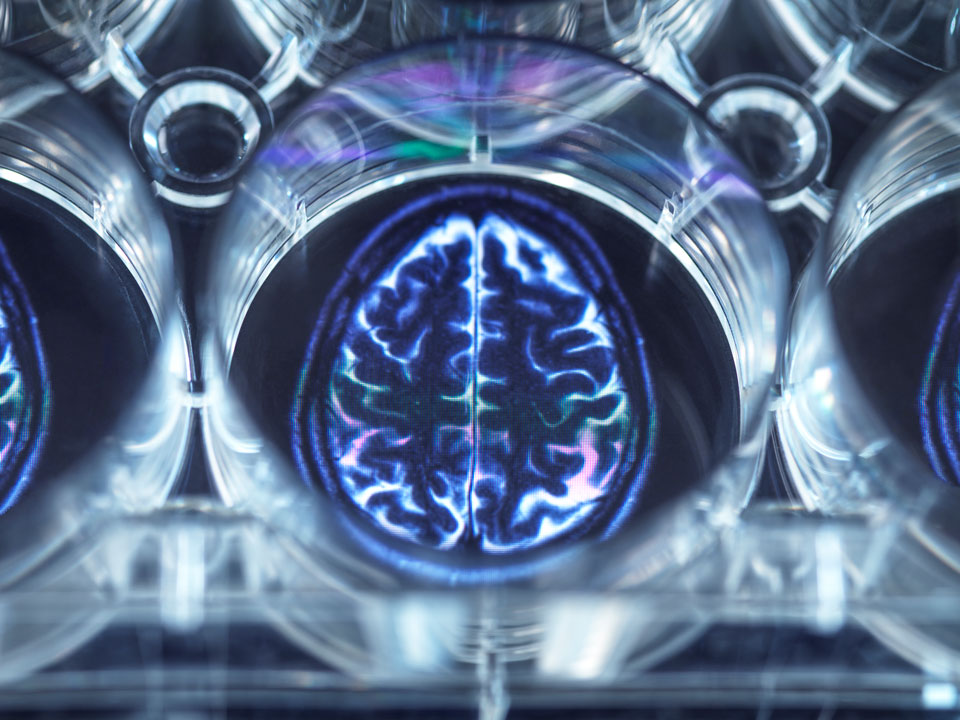Supported by a $5M investment over 5 years (scalable up to +$20M annually) by the National Institutes of Health (NIH), Johns Hopkins University and Howard University are teaming up to accelerate the creation of groundbreaking solutions to disorders of the nervous system. More than 1 billion people worldwide suffer from these disorders, which range from Alzheimer’s and Parkinson’s disease to chronic pain, addiction, mental health, multiple sclerosis, stroke, migraines, brain and nerve injuries, and more.
Experts at the new NeuroTech Harbor (NTH) technology accelerator will partner with teams of top innovators from around the globe to supercharge the development of medical devices that improve diagnosis, treatment, and management of these conditions while also ensuring those technologies are accessible to all communities. Funded from NIH’s Blueprint MedTech program through grant U54EB033664, NTH is a biotechnology incubator which aims to accelerate the development of cutting-edge medical devices to diagnose and treat nervous system disorders. NIH selected NTH as one of two incubator hubs to foster innovative medical products, to prepare them for first-in-human demonstrations.
“Disorders of the nervous system constitute a true public health crisis and are one of the leading causes of disability and death worldwide,” says Sri Sarma, NTH Executive Director and Associate Professor of Biomedical Engineering at Johns Hopkins University. “Potentially life-saving and life-changing solutions addressing these conditions are out there, but the pace of their development is slow. Many of the most promising concepts often languish due to a lack of resources and the high risks associated with early development phases. NeuroTech Harbor’s approach will overcome those barriers, helping fast track the development of real-world solutions to conditions that affect one in six people around the globe.”
At the cornerstone of NTH’s approach is a belief that bringing together experts, leadership, and perspectives will amplify and accelerate innovation resulting in technologies and solutions that are more accessible.
Sarma will lead NTH’s team of investigators and personnel from Johns Hopkins University and Howard University. The principal investigators (PI) exemplify a commitment to excellence. In addition to Sri Sarma, the PIs from Johns Hopkins University include Nitish Thakor (Professor of Biomedical Engineering), Youseph Yazdi (Director of the Johns Hopkins Center for Bioengineering Innovation & Design), and Ralph Etienne-Cummings (Vice Provost of Faculty Affairs and Professor of Electrical and Computer Engineering). The PIs from Howard University include Evaristus Nwulia (Professor of Psychiatry) and Kebreten F. Manaye (Professor and Chair of the Department of Physiology and Biophysics).
“Our collective aim is to provide unique opportunities to innovators to find effective solutions to neurological conditions that cause substantial sufferings in all populations,” Nwulia says.
NTH will connect innovators to engineers and specialists with deep and broad biomedical engineering and commercialization expertise by leveraging access to state-of-the-art facilities like the Johns Hopkins University Applied Physics Laboratory, as well as NTH’s established global networks of angel investors and venture capitalists. NTH’s consultant network of world-renowned neurotech experts represent various backgrounds and experiences and includes clinicians, scientists, technologists, commercialization experts, and patient advocates. In addition, NTH is planning education and mentorship of teams in business development, translation, and project management to help ensure their success.
Howard University will lead outreach efforts to build pathways for innovators at a national scale. “Howard University is excited to collaborate with Johns Hopkins University on the NeuroTech Harbor accelerator. This partnership will bring together global teams of experts to provide innovative solutions for neurological conditions, which impact our communities,” said Bruce Jones Ph.D., Professor and Vice President for Research Office of Research at Howard University. “This grant supports a key pillar in the Howard Forward strategic plan to Inspire New Knowledge, … We look forward to the growth and success of this collaborative partnership.”
Over the next five years, NTH expects to launch 45 new neurological health innovation projects. With funding and research support from NIH, the selected projects will engage with NTH and the other incubator recipient under grant U54EB033650, CIMIT’s Center for Innovative NeuroTech Advancement (CINTA) program. CINTA leverages CIMIT’s experience and network of world-class academic and medical institutions partnering with industry and government to foster collaboration and accelerate innovative healthcare technologies. Both NTH and CINTA leaders will collaborate in an unprecedented manner to ensure the translational objectives of this NIH program are accomplished most efficiently and effectively, sharing resources and expertise.
The joint Blueprint MedTech funding opportunity on behalf of NIH launches Tuesday, Sept. 27, with teams applying for support of up to $500K in direct costs per year for up to four years. In addition to funding, the selected teams will receive ongoing, specialized support from mentors experienced in commercializing neurotech devices. NTH leaders expect to choose up to eight teams, with two yearly selection cycles.
“Our vision is to blaze a trail to alleviate suffering from neurological conditions for all,” Sarma says.



